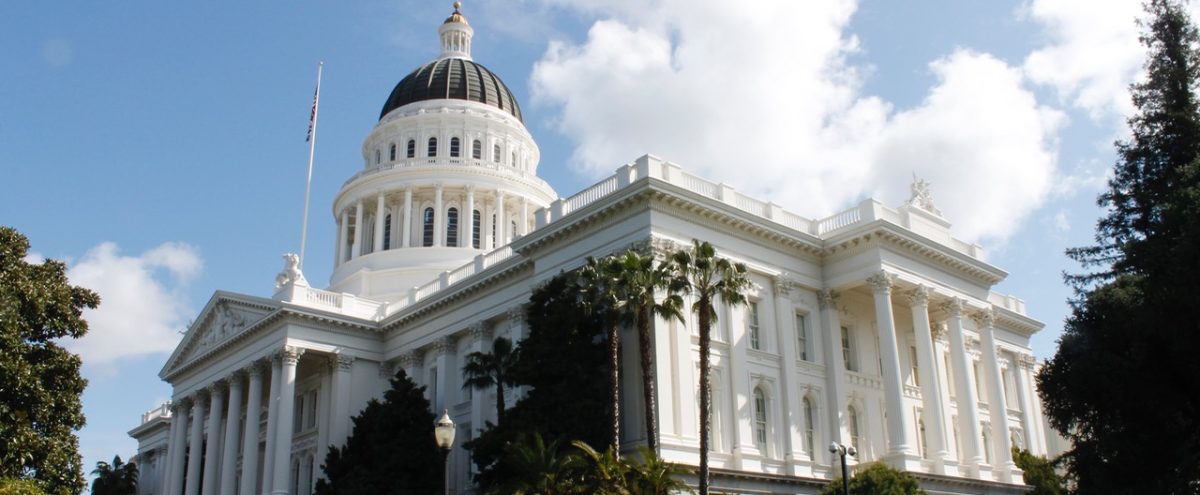
Sacramento Capitol Building image via wikipedia user Suvicce
Written by Ben Hensley
Last week, Assembly Bill 1113, introduced by California Assemblymember Mark González, stalled in the Assembly Committee on Appropriations, becoming a two-year bill and extending further decision making on the bill into the 2026 session.
“Today is a victory for patients and for the thousands of community health centers and clinics that are providing essential health care for millions of Californians,” a statement from the No on AB 1113 Coalition reads. “This bill was a dangerous threat that would have shifted millions of limited funding away from patient care, especially as community health centers and clinics and our patients face a number of existential threats, including federal and state funding cuts for Medi-Cal.”
AB 1113 proposes shifting authority to appoint members of California’s Personal Protective Equipment (PPE) Advisory Committee from the director of emergency services to the state public health officer, with an aim to enhance oversight and coordination during public health emergencies like the COVID-19 pandemic.
The bill also expands on the definition of “essential workers,” including school employees, in-home support providers, childcare workers and others in direct public interaction, prioritizing PPE access to those workers. The bill would also clarify definitions for agricultural and health care workers and outline types of equipment covered under the PPE blanket, such as masks, gloves, gowns and face shields.
The No on AB 1113 Coalition, consisting of community health centers and clinics, social justice organizations, business groups, LGBTQ+ advocates, nurses and others state the bill would impose arbitrary spending rations requiring health centers and clinics to commit at least 90% of their total revenue on narrowly defined categories, according to a release.
The coalition argues that the requirements would prevent federally qualified health centers from receiving funding to provide patients essential services like community outreach, enrollment assistance, case management, medical devices and more, as well as directly affect all clinic staff.
“Our clinics are often the only source of care in many communities, including rural areas and health care deserts facing provider shortages and lacking hospitals and physician practices and are essential in ensuring all Californians have access to the care they need,” the statement added.







